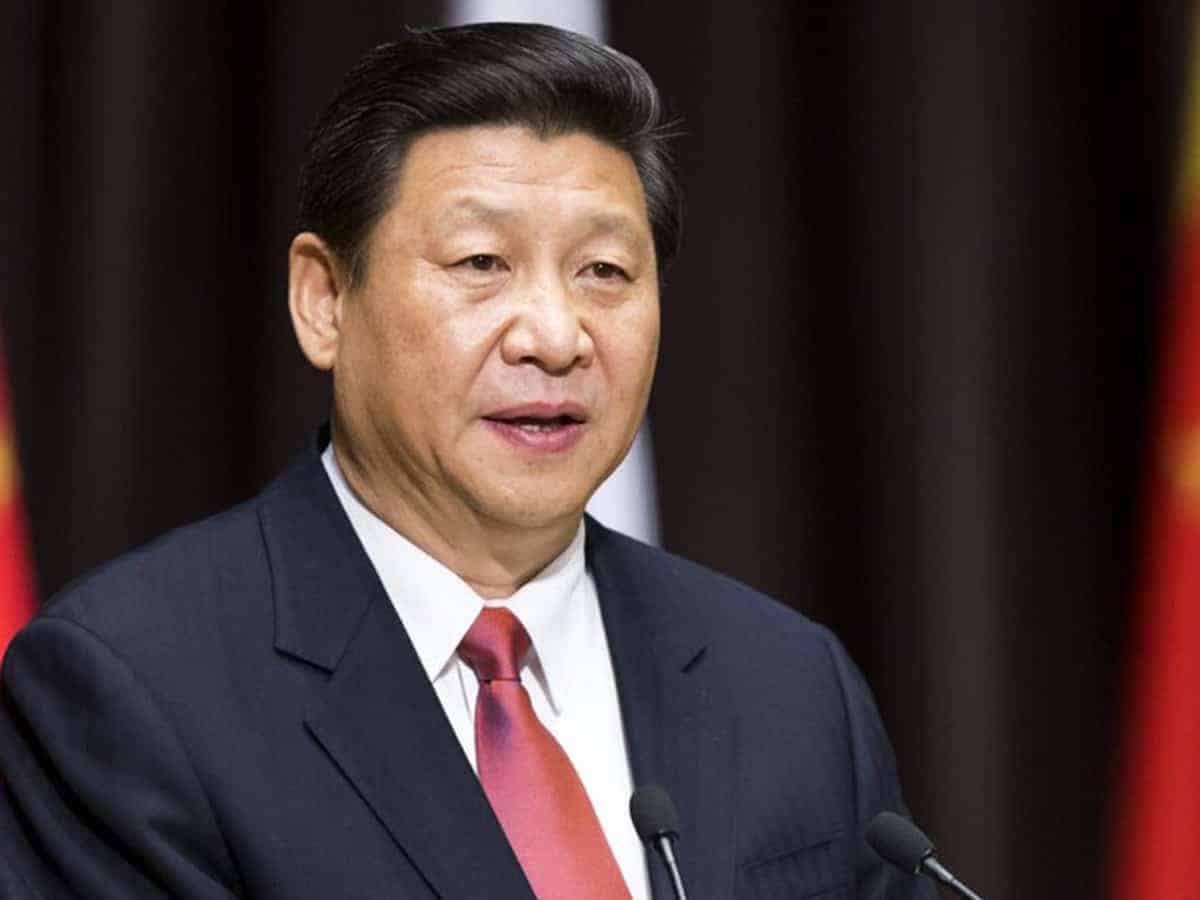
New Delhi: Structural reforms by the ruling Chinese Communist Party (CCP) leadership could bring government security and intelligence branches under the direct control of the ruling party, rather than the country’s cabinet, according to a media report.
They suggest a further bid to consolidate political power in the hands of leader Xi Jinping as well as a possible preparation for war, analysts said, RFA reported.
President Xi Jinping told a high-level political meeting in Beijing on Tuesday that the upcoming session of China’s rubber-stamp parliament, the National People’s Congress, would see the party strengthen “unified leadership” over scientific and technological institutions, as well as over the country’s financial institutions and over “government responsibility”.
The announcement suggests further internal crackdowns to come within the government and party.
A draft institutional reform plan is currently under discussion that will “be more relevant, more intensive, have a broader reach and touch on deeper interests” than previous structures, state broadcaster CCTV quoted Xi as telling the meeting, RFA reported.
While officials have yet to make public the exact details of the restructuring, Japan-based China commentator Hong Xiangnan said the plans will likely include bringing the ministry for public security, which governs the police system, and the ministry for state security, which governs the state security apparatus and overseas intelligence operations, under the aegis of the party.
“The only way this will go is the strengthening of the party at the expense of the state,” Hong said. “It will turn government departments into administrative offices, tasked with running errands and doing the gruntwork.”
“They will carry out the basic administrative work, but the core of policy-making will be taken away, and go to strengthen the leadership of the party. We’re not talking about a merger of party and state here,” he said, RFA reported.
He said the reforms will likely include the setting up of a powerful internal affairs committee under the central leadership of the Communist Party in Beijing.
If the reforms do implement such a plan, the internal affairs committee could look fairly similar to the People’s Commissariat for Internal Affairs under the former Soviet Union, which was responsible for ensuring internal revolutionary order and the security of the state, as well as the internal safeguarding of state property, the guarding of national borders, and the registration of births, deaths, marriages and divorces, according to a July 11, 1934 report in the Soviet newspaper Izvestia.
Such a plan, if implemented, comes at a time of unprecedented official control over people’s personal and political lives, with the transfer of law enforcement powers to to local neighborhood committees and the setting up of local militias to boost “stability maintenance,” a system of law enforcement aimed at forestalling dissent and nipping protest in the bud, RFA reported.
Hong said it was significant that Xi was only now mentioning these plans, on the eve of the National People’s Congress in Beijing, and that they hadn’t gotten an airing at the 20th party congress in October.
